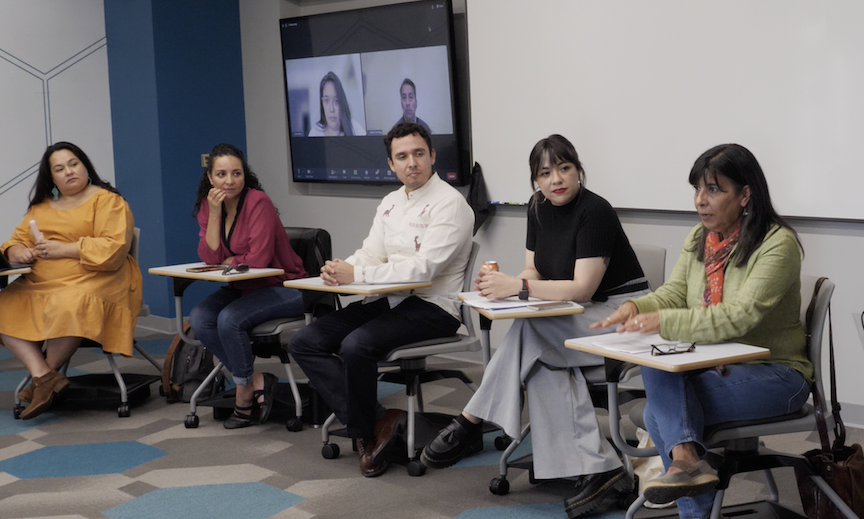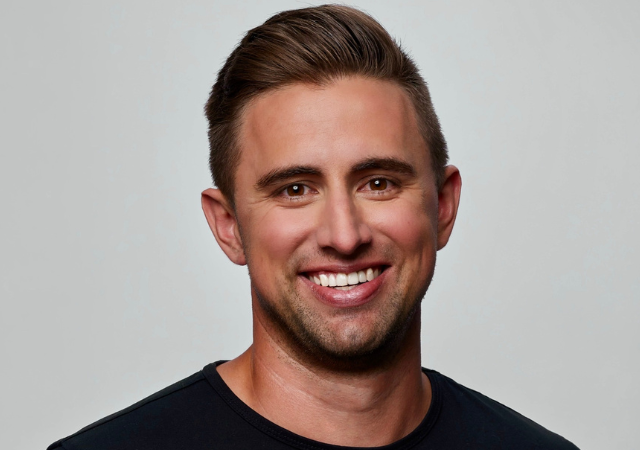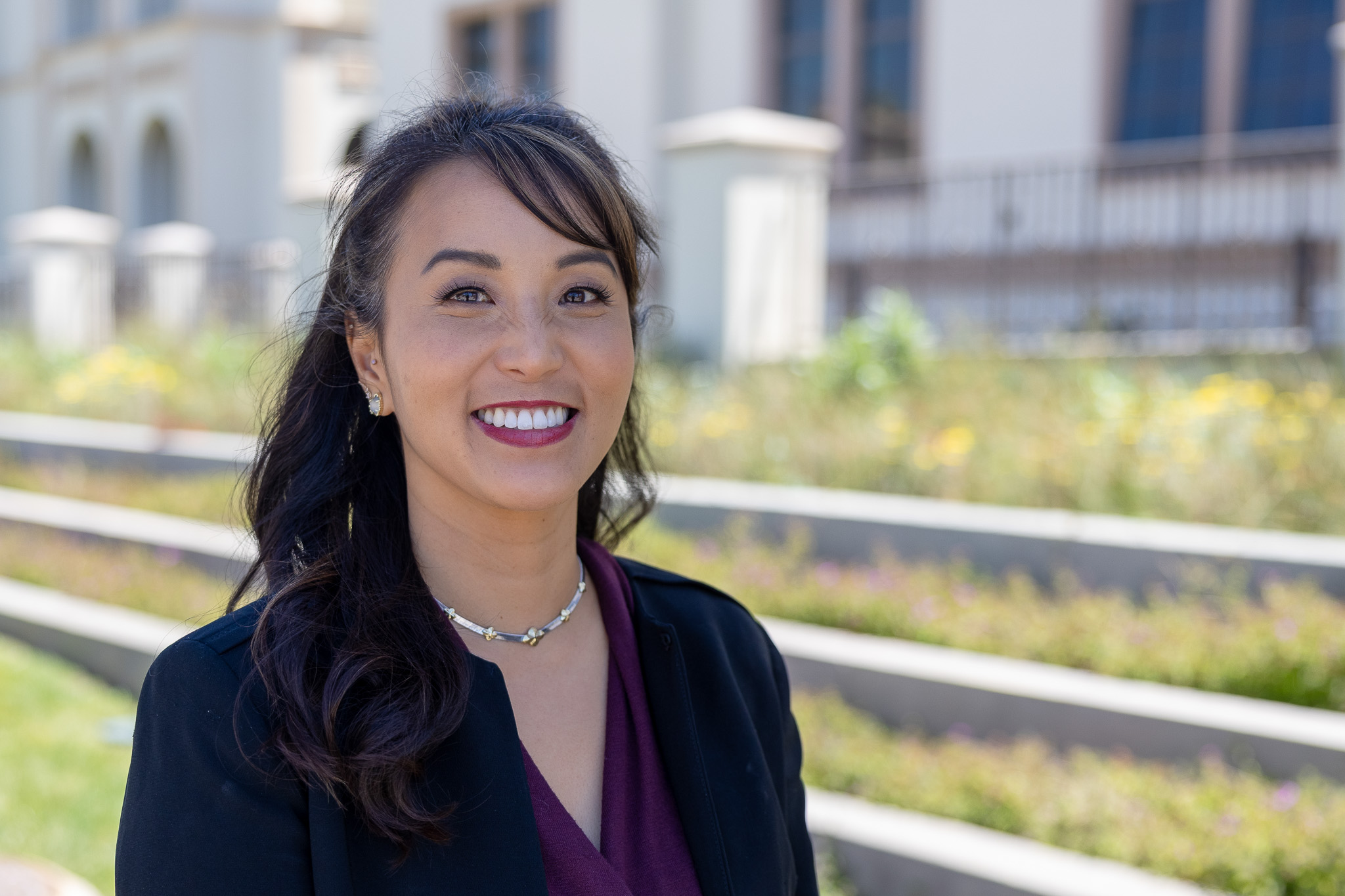Kroc IPJ's Border Fellows Cap Off Year of Work Focused on Creating Sustainable Peace in Our Region

There was a physician, an oceanologist, a human rights lawyer, and more. An eclectic group gathered Tuesday to discuss their work over the past year as fellows of the Kroc Institute of Peace and Justice’s Cross-Border Initiatives program.
The 2022-23 fellows make up the program’s second cohort, and they’re being led by one of their own. Rebeca Cazares Adame is the director of Cross-Border Initiatives, and was part of the program’s first cohort. Tuesday at the Kroc School she led a panel discussion where fellows described work spanning several fields, all with an overarching goal: to create sustainable peace in our region by addressing issues that affect people on both sides of the U.S.-Mexico border.
“It is very much intentional to have a cohort of people from different backgrounds, with different training, so we can look at issues related to peacebuilding and violence at the border with different perspectives,” Cazares Adame said. “(Doing so) allows us to come up with solutions that are more effective, and creates this binational network of peacebuilding.”
The program blends some of the foundational elements of both the Joan B. Kroc School of Peace Studies and the university as a whole, bringing together innovative thinkers from across disciplines to come up with practical solutions to issues affecting the world around us.
The group of Border Fellows spearheaded many projects over the last year.
Márgara de León Cevallos helped create an online course to train journalists on how to cover migration ethically, in a way that recognizes the struggles and humanity of the subjects. Javier Neftali Jimenez Quintana focused on training that better equips teachers to serve migrant communities, particularly in Baja California, where he says there’s an increasingly diverse population as people travel from far and wide seeking refuge in the United States.
That’s just scratching the surface of all the work the group has done over the last year.
“The hard part is just picking seven of them,” Cazares Adame said of the fellows. “I think my biggest takeaway (from the past year) is how collaborations can flourish in environments like this. Integrating them into this network, and growing this network, has been a great experience.”
Tuesday’s panel was, in part, a celebration of all the things the Border Fellows have accomplished.
At the end of the panel, Cazares Adame asked each panelist what they dreamed for in their respective fields in the future. Their answers sparked hopeful and optimistic tones, and also served as a signal that there’s still work to be done by their successors.
The process is underway to select the members of the next cohort, and they’re expected to begin their fellowship at the start of next year.
Contact:
Steven Covella
scovella@sandiego.edu
(619) 260-7806



